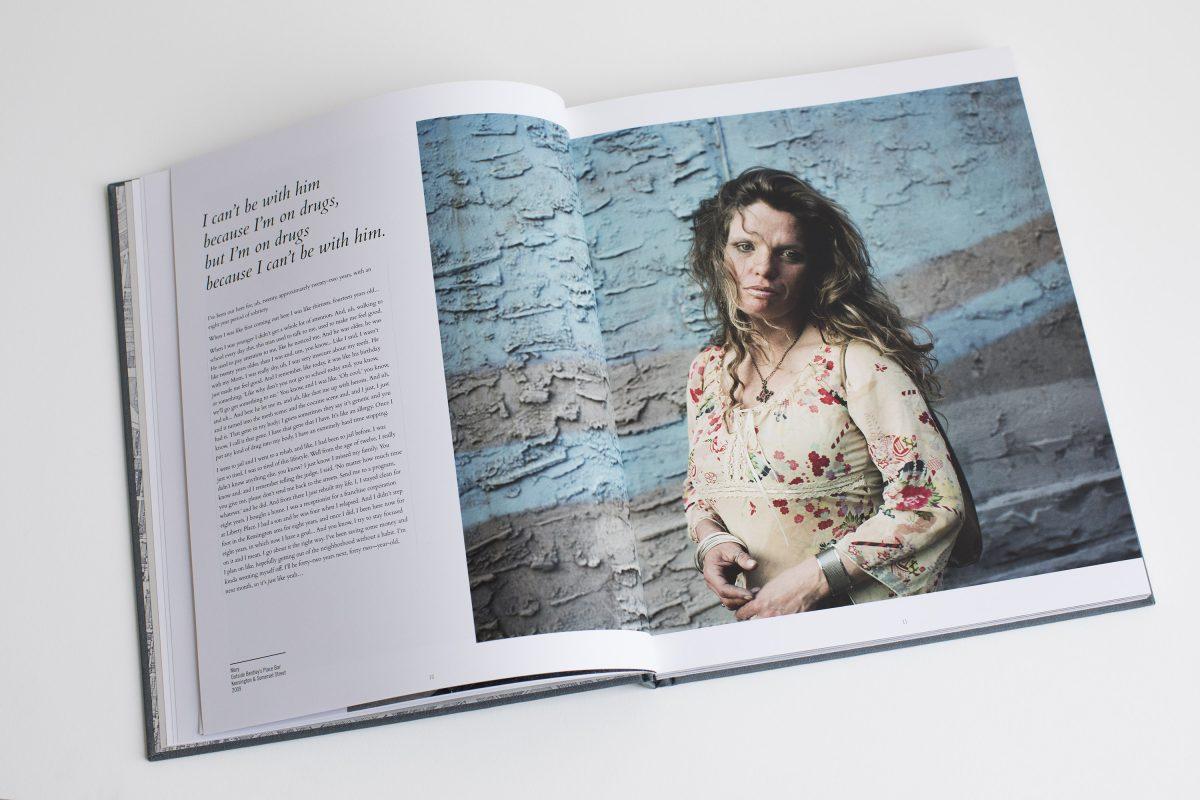Students in recovery discuss importance of allies
The Flock held its 10th speak out, titled Stand Up 4 Recovery, where two students and an alumnus spoke about living on a college campus while being in recovery.
The speak out is a student-led event, organized by students in the Flock with panelists who have experience with recovery and their allies.
Sarah Lathrop ’19, president of The Flock, has been in recovery for 13 months and shared her story on the panel.
“Things spiraled really quickly,” Lathrop said. “End of freshman year I realized I should get in check. Sophomore year I started to get my act in check a little bit. Even being involved with that [The Flock] I thought I could do it on my own which I couldn’t. It doesn’t work like that.”
Lathrop had a friend in The Flock, Sara Fuller ’19, take her to her first meeting and she has not “turned back since.”
The panel focused on four things: experience in college as an ally or student in recovery, how to have fun, how to tell future employers or not about being in recovery, and how allies have helped.
“A lot of it’s about the importance of allies,” Lathrop said. “Not a lot of people are in recovery on campus, but a lot of people know someone that is. The importance of being a good friend and being there.”
Chelise Lomax ’19 was an ally on the panel and spoke about how she has been there to help her friends who are in recovery.
“An ally is just a person who knows that other people struggle with certain issues and you’re just there to be a supportive person and show your humanity,” Lomax said. “We all have our own struggles; my struggles are just different from yours. I am not going to judge you for that I’m going to have a real conversation and see how we can bring this issue to light.”
A panelist who spoke about applying to graduate school while in recovery said they had to be thoughtful about how they wrote their application. The panelist asked for anonymity, and is identified as Joe.
“I had to explain the weaknesses in my application as well as disclose disciplinary stuff or any legal stuff and I had a rap sheet from when I was hurting myself and other people,” Joe said.
To conclude the panel, there was an open mic in a fireside chat style where one person sat in the speaker chair and one sat in the listener chair and the speaker then shared feelings, experiences and support. The listener would then become the speaker and a new listener would come up.
Sam Sauter ’21 attended the event because of a curricular enhancement program (CEP) requirement and went up to listen to Joe in the fireside chat.
“I was blown away by how intelligent Joe was and how unbelievable I think he’ll be in the future and how much of a comeback he had,” Sauter said. “It was just really profound.”
Sauter now believes he wants to become an ally to help those who are seeking one.
“When you’re contributing to people you’re living at the highest level and that’s what I felt here tonight,” Sauter said. “And I think what Joe is doing and how he turned his biggest weakness which is addiction to helping other people, I just know that will serve him. He’s devoted his work to helping others and it was so profound for me being here struggling with my own things just to have somebody be open like that.”
Bean said that out of 41 people there, only three were a part of The Flock, the rest were people who wanted to hear people’s stories about recovery and she even met people in recovery that she did not know.
“I hope people realize that there are many people impacted by substance use disorder all around us,” Bean said. “I hope they realize people need compassionate and empathetic listeners to share their story. I hope that people realize that everyone can play a role in supporting those in our community that are impacted by this.”
















































